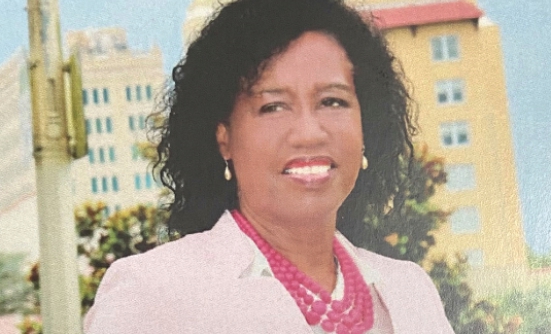
Toward the end of 2019, it became obvious that I was losing weight. I am a tall woman, at 5’11’’, and I have always been slim. Some people live to eat. I am the opposite. I am knowledgeable about proper nutrition, and I usually eat just enough to live.
Weight Loss
I get checkups every 6 months, as required by my Medicare Advantage health insurance plan, but that was not the case in 2020, because of the COVID-19 lockdown.
I continued to lose weight rapidly during 2020. In one 3-month period, I lost 40 pounds, which made me realize that something was definitely wrong. To make things worse, I started to lose my appetite as well.
As soon as I had the chance, when my state opened up in 2021, I went to see my doctor in February, with my main concern being weight loss. My doctor ordered blood tests, and when he discussed my blood test results with me, his main concern was my iron count. I was severely anemic, so he asked me to have another blood test in 3 months instead of 6 months, and then come back to see him.
Anemia
I had been anemic in my twenties, enough to have the blood bank tell me that I was too anemic to give blood. But this time was worse: the doctor said that my iron count should have been 11 μmol/L (normal range for women is 11-29 μmol/L; the numbers depend on the system used), but mine was 8 μmol/L. He said that if it had been 7 μmol/L, he would have had to have me admitted to the hospital. He also prescribed iron tablets for me, and explained what food items I should be eating that are rich in iron.
I took it upon myself to do some research on my own, then I called the doctor’s office and explained why I thought I might have diabetes. I was sent to the lab to test my blood glucose levels. When I returned to discuss the blood test results, I was told that the blood test showed normal glucose levels.
CT Scan & Diagnosis
I was not in any pain, but by this time my doctor could see for himself how rapid my weight loss was; I had lost 12 more pounds in the 3 months since I had last saw him. So he sent me to do a CT scan of the digestive system, which revealed that I had a tumor in my colon, as well as some markings on my liver, which were later diagnosed as cancerous lesions.
I was then sent to have a colonoscopy, my first, which confirmed the diagnosis of colon cancer, showing that the tumor almost completely blocked the lumen on my colon. I am 64 years old, and had been avoiding having a colonoscopy for many years; it finally caught up with me. I had done fecal occult blood tests before, which is a lab test used to check for blood in the stool, which may indicate colon or rectal cancer (although it cannot determine the cause of blood and may require additional tests). However, the results of those stool tests were never discussed with me.
I was diagnosed with stage IV colon cancer that had metastasized (spread) to the liver. I have been receiving chemotherapy treatment since August 2021, and the plan is to remove the tumor in my colon, as well as the lesions in the liver, sometime next year.
Lessons Learned
The next time I hear of anemia, loss of appetite, and rapid weight loss, colon cancer will be the first thing I will think of.
















